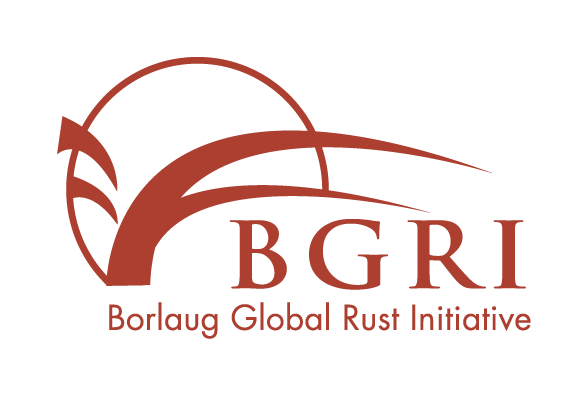Wheat stem rust, caused by Puccinia graminis f. sp. tritici (Pgt) is a common disease in Georgia. Analysis of stem rust samples collected from 2013–2015 growing seasons indicated that Georgia is a hotspot for phenotypic and genotypic diversity, and that virulence to important resistance genes including Sr13b, Sr22, Sr24, Sr35, Sr37, Sr50, were present in the Pgt populations. We continue to monitor this population due to presence of a sexual population and likely was the origin of the highly virulent Pgt races TTRTF and TKKTF which have spread to other parts of the world. We analyzed 122 stem rust samples collected in 2017–2020 wheat growing seasons. A total of 13 races were identified from 160 single-pustule isolates. Race TKKTF was predominant, being the only race detected in all four growing seasons. Races TKFTF and TTRTF have been observed in three seasons. Although races TKKTF and TKFTF were also detected in 2014 and 2015 seasons, the isolates from the 2017-2020 samples have additional virulences not observed before. In 2017, virulence on Sr47 was detected in isolates of race TKFTF, whereas virulence on Sr1RSAmigo was identified in isolates of race TKKTF in 2018. Races MRCTD and MRCTF exhibited a unique virulence combination that resemble the races from sexual origin identified in 2013. A representative set of 52 isolates were genotyped with a 17 loci custom SNP assay, and the genotypes obtained were mostly of clade III (race TTRTF) and IV (races TKFTF, TKKTF, TKPTC, TKTTF), corresponding to the genotypes of the isolates from 2014 and 2015 seasons. These results indicate that the Pgt population in Georgia is dynamic and generating Pgt strains with new virulence phenotype through sexual recombination and mutation.





